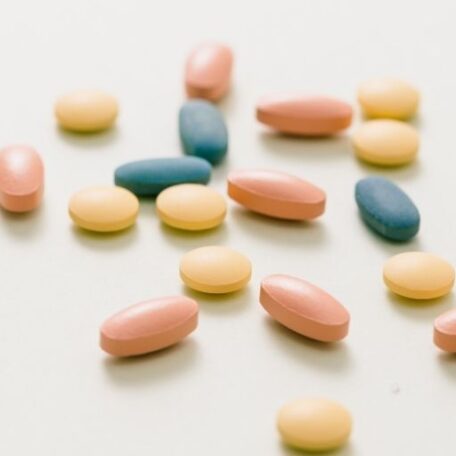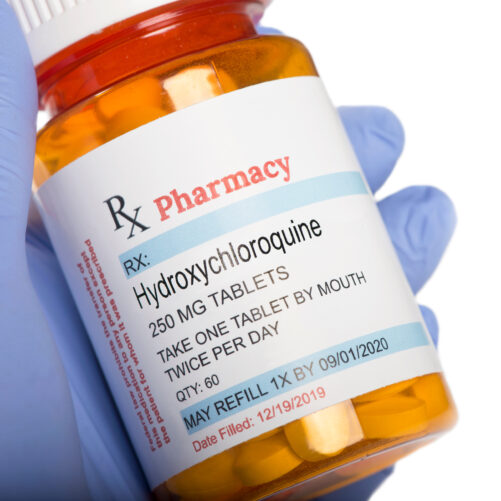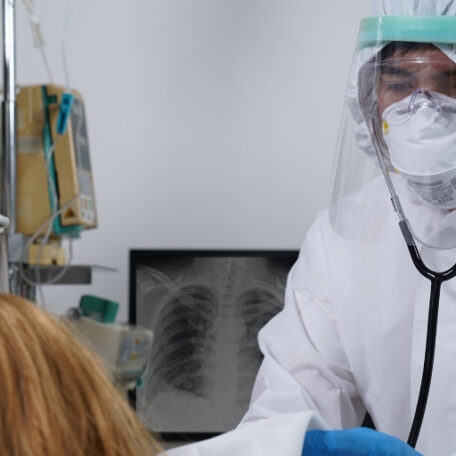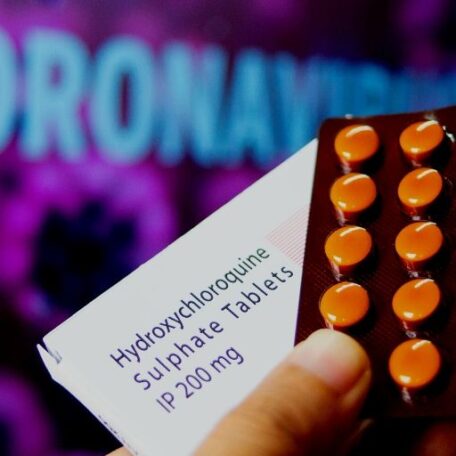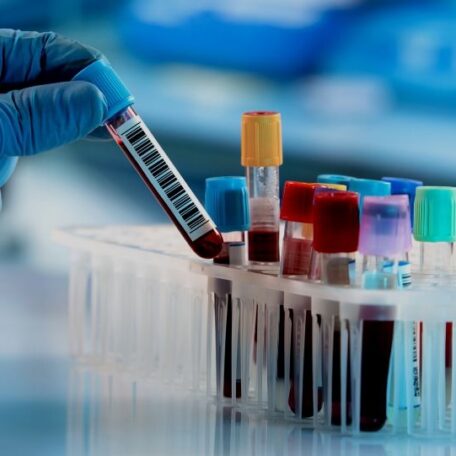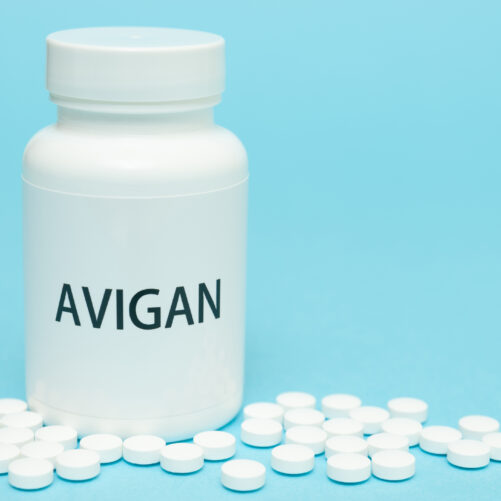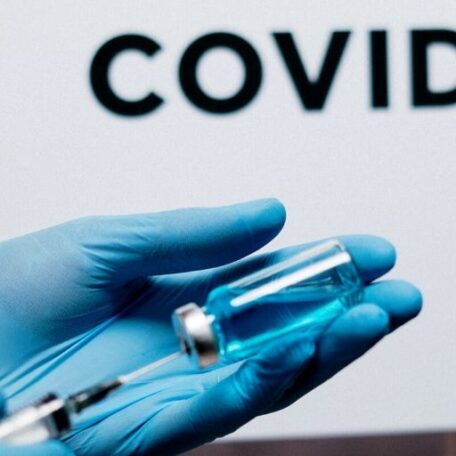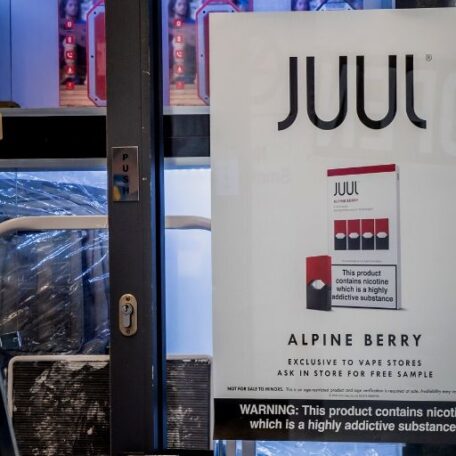JoinedMay 31, 2022
Articles399
Jonathan Block is a freelance writer and former MedShadow content editor. He has been an editor and writer for multiple pharmaceutical, health and medical publications, including BioCentury, The Pink Sheet, Modern Healthcare, Health Plan Week and Psychiatry Advisor. He holds a BA from Tufts University and is earning an MPH with a focus on health policy from the CUNY Graduate School of Public Health & Health Policy.


